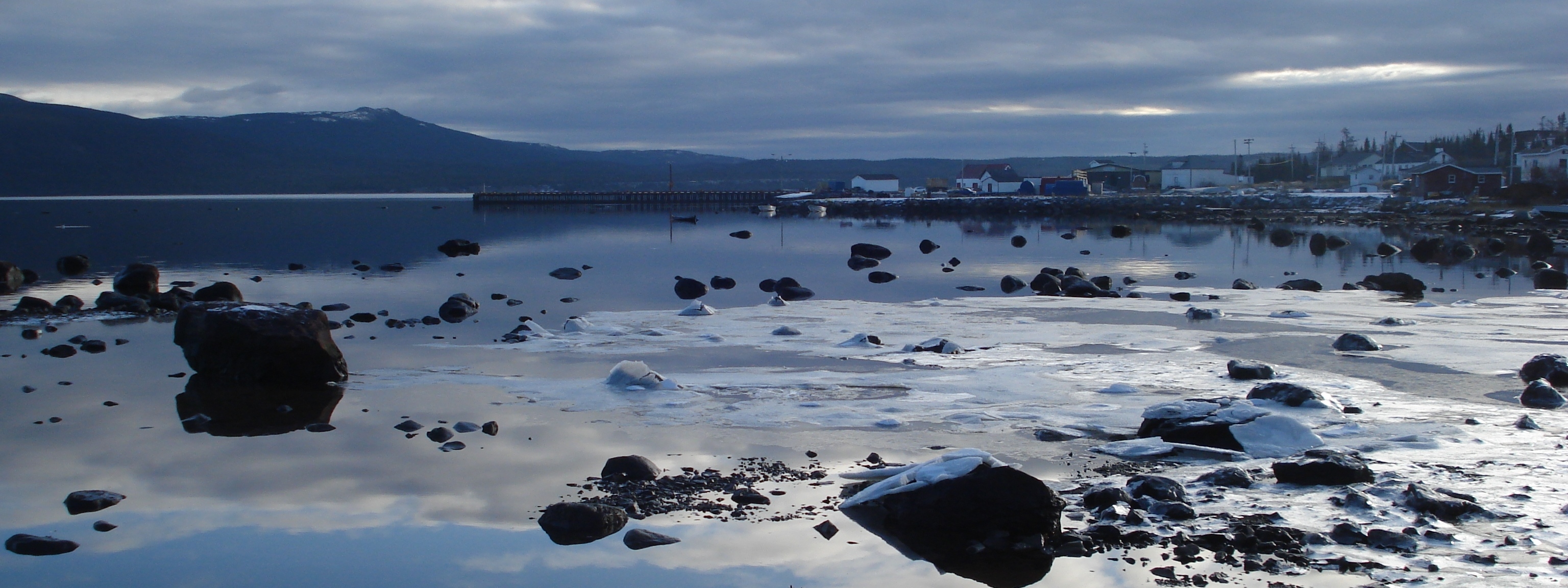Assignment:
Identify and discuss two of King’s “acts of narrative decolonization.”Please read the following quote to assist you with your answer.The lives of King’s characters are entangled in and informed by both the colonial legacy in the Americas and the narratives that enact and enable colonial domination. King begins to extricate his characters’ lives from the domination of the invader’s discourses by weaving their stories into both Native American oral traditions and into revisions of some of the most damaging narratives of domination and conquest: European American origin stories and national myths, canonical literary texts, and popular culture texts such as John Wayne films. These revisions are acts of narrative decolonization. James Cox. “All This Water Imagery Must Mean Something.” Canadian Literature 161-162 (1999). Web April 04/2013.
My response:
Thomas King’s Green Grass, Running Water is a complex, interfusional text which interweaves an array of myths, novels and films into its plot. In appropriating western texts, King reverses the standard appropriation of native culture by settlers in an act of narrative decolonization. Amongst the many stories King decolonizes in his text are the Grand Narratives of Progress and Religion, used as justification for the colonization of North America.
The Grand Narrative of Progress is symbolized in Green Grass, Running Water, by the Grand Baleen Dam and Clifford Sifton. The dam is symbolic on a number of levels, however, is significant for the sake of this paper for its alternative ending to “progressive” industrial projects. Whereas the western narrative – and Clifford Sifton – assumes that dams are infallible and portray their construction as a step in the linear path towards economic gain, King’s novel shows the life of the dam as cyclical and the economic gain inverted as economic loss. The breaking of the dam represents an alternative notion of progress, ending with the destruction of the government’s industrial project and the cleansing of the land from colonization.
In addition to rewriting the Grand Narrative of Progress, King interweaves a number of Christian narratives from the Bible with various native mythologies throughout the novel. Rather than simply retelling Christian stories from an indigenous perspective, King inserts Christian characters into native myths, underlining the absurdity of the stories when taken out of context. As settlers have been making fun of native mythology for generations, so too does King poke fun at Christian mythology. He portrays Adam from the Garden of Eden as arbitrarily assigning the animals names without interacting with them; Noah as a would-be rapist, chasing Changing Women around the “canoe” then island, insisting that she procreate with him; and Jesus as a sexist elitist who pays no heed to his surroundings, be they people or water, unless he can gain from their manipulation. King also portrays GOD as a backwards, contrary dream of Coyote’s and Jehovah (Joe Hovaugh) as responsible for the Fort Marion imprisonment of natives, suggesting that the ill-treatment of indigenous peoples in North America was a direct result of God.
King’s rewriting of these particular narratives is important as they have been used, along with the numerous literary stories worked into Green Grass, Running Water, to justify the colonization of the Americas and the marginalization of indigenous peoples. Europeans justified their colonization of the Americas due to the native peoples’ “primitiveness” and “heathen” spirituality. In King’s rewriting, however, it is the Christian Europeans and not the natives who are made to look primitive and backwards. King continuously comments on the nonsense of “Christian rules” and the Biblical characters’ failure to respect their relations. In rewriting the Grand Narratives of Progress and Religion from a native perspective, King points out the ridiculousness of such narratives and reasserts native values.
© 2015 Heather Josephine Pue
Works Cited:
King, Thomas. Green Grass, Running Water. Toronto: Harper Perennial, 1993. Print.
New International Version. BibleGateway.com. Web. 1 Mar. 2015.
